
The best so far: celebrating five years of Hellbound.ca
Hellbound.ca turned 5 years old earlier this month and we’re ready to celebrate! Wow, I sometimes find it hard to imagine that this little…

Hellbound.ca turned 5 years old earlier this month and we’re ready to celebrate! Wow, I sometimes find it hard to imagine that this little…
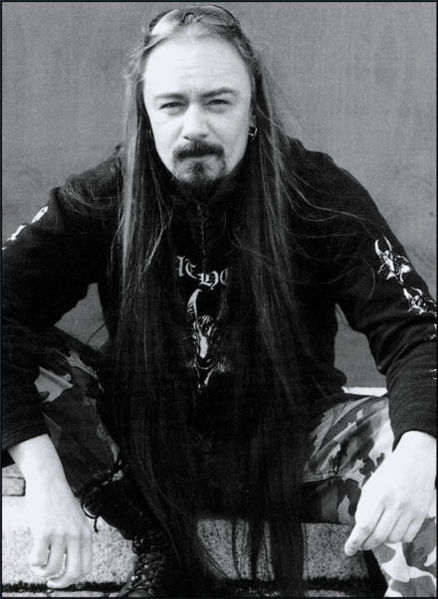
In 1996, Hellbound’s Sean Palmerston was offered the chance to do the first ever in-person North American radio interview with Quorthon, leader and visionary behind legendary Swedish black metal act Bathory. They also went out for dinner together beforehand, and here are Sean’s memories of that fateful night some seventeen years ago, shared in public for the first time since.

I’d recommend the documentary for metal fans who are particularly interested in the origins of the genre and the roots of metal in hard rock. While I think the narrative could have been weighted more evenly, there is some fascinating archival and interview footage in Så Jälva Metal, and seeing the music from a new cultural perspective is refreshing and eye-opening.

Currently set to celebrate its Canadian premiere at the NXNE festival in Toronto, Så Jävla Metal is a documentary about the evolution of heavy metal music in Sweden. The film traces the beginnings of heavy metal through hard rock, beginning with bands like Europe, and continuing to trace the development of the sound as the music became heavier. It contrasts the way that Swedish metal grew up in tandem with metal in North America and other places in Europe, specifically in Norway, where the violence of black metal is contrasted again Swedish death metal. Writer and director Yason Hillborg found the time to talk to Hellbound about the documentary, his vision for it and his experiences making it.

Beautifully packaged, and as an extra-special feature, it includes a unique interview that Quothon did with Godreah main-man Crin for the legendary Godreah magazine. Truly these are songs to hail on high!

Blood For the Master isn’t a radical step forward, but nor, given its traditional metal underpinnings, is it a step back. It is exactly the album Goatwhore needed to make right now.
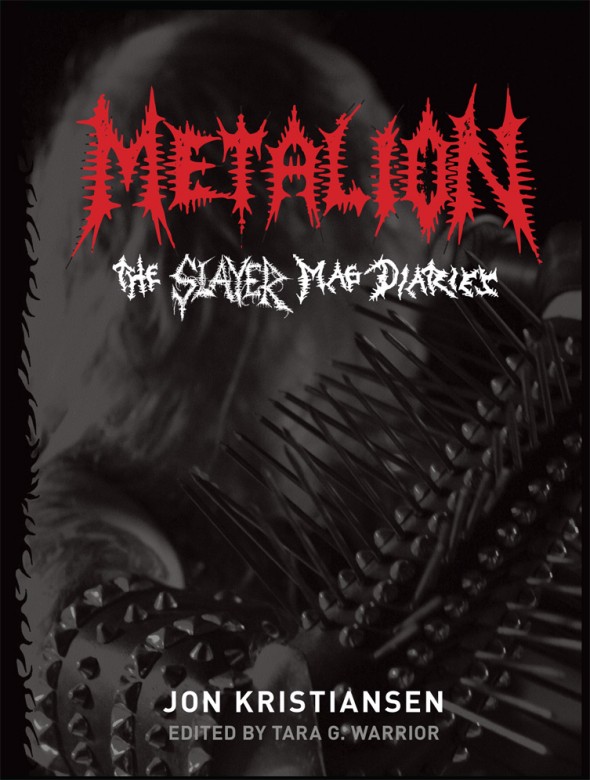
Metalion is one of the greatest books about metal ever produced.
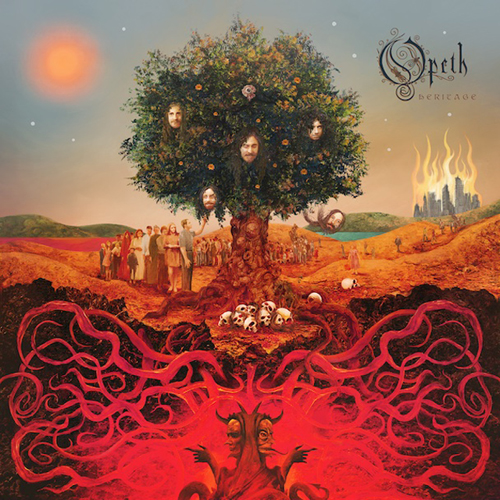
As it’s still unforeseen where Opeth are heading to next, Heritage stands out as an eccentric anomaly in their catalogue. But this doesn’t diminish the quality of the album one bit. Heritage is a fantastic album, although it’s not without its flaws. However, those flaws have nothing to do with Opeth’s decision to become preoccupied with prog. They are simply slight musical missteps, and who hasn’t stumbled when finding a new path?
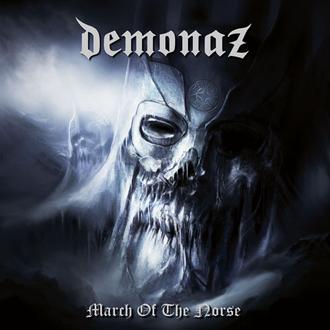
Really catchy and melodic, the whole album has a nice flow and you can really bang your head to it. The production is very warm and sounds great cranked up loud.
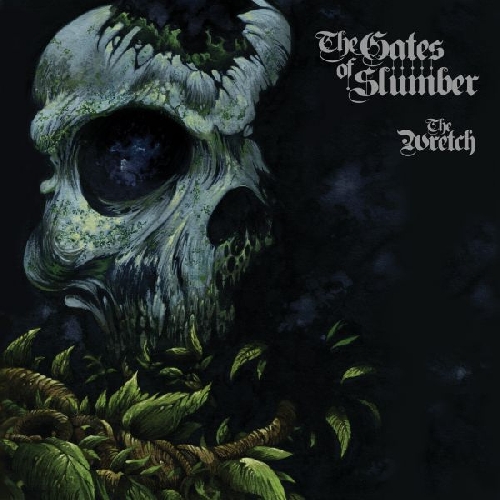
Don’t get me wrong, I enjoyed the trad-metal gallop of tunes like “Ice Worm” and “Iron Hammer,” but the new, slower TGOS on display on this album is right up my alley.